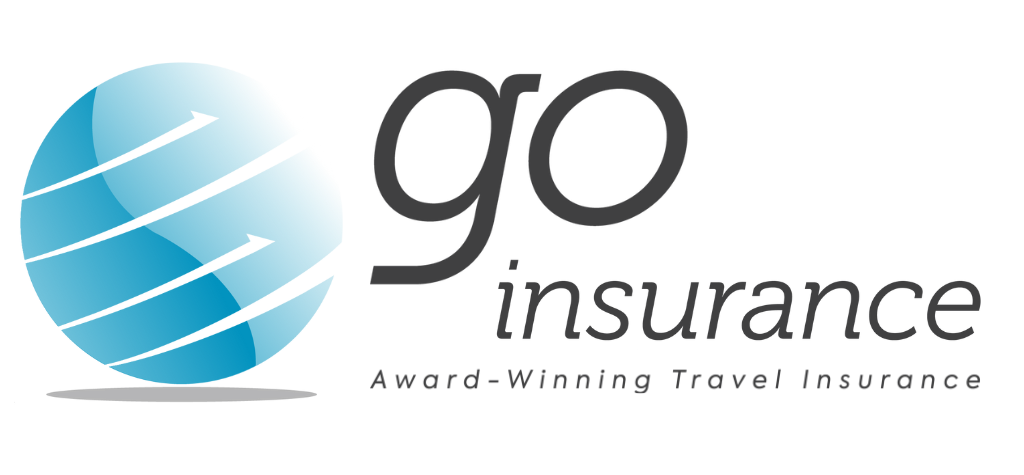The Ebola outbreak in West Africa has the potential to affect the plans of many travellers. Whilst updates are widely reported via mainstream media, we understand travellers are keen to ascertain the facts and advice as to whether their travel insurance policy will respond if they want to make a claim.
So what is Ebola?
Ebola Virus Disease (EVD) is a serious disease affecting humans and other primates. EVD can be fatal and the World Health Organisation (WHO) reports that the fatality rate is in the region of 50%.
A certain species of fruitbats are believed to be the original host of the disease and that initial human transmission occurred via close contact with animals such as chimpanzees, gorillas, monkeys and porcupines. EVD is then believed to have spread between humans via direct contact with blood and other bodily fluids of infected people and / or contaminated surfaces and materials (eg bedding and clothing).
The incubation period (ie the time between infection and manifestation of symptoms) is 2 to 21 days. Until a person displays symptoms, they are not contagious.
Initial symptoms include fever, sore throat, muscle pain and headaches followed by vomiting, diarrhoea and rashes. Internal and external bleeding often occurs when the liver and kidneys begin to fail and death (if the disease proves fatal) generally occurs within 6 to 16 days after symptoms occur.
There is no evidence to suggest that EVD is an airborne disease. There is also no evidence to indicate transmission is possible via food, water or insects. To contract EVD, direct transmission of bodily fluids from an infected human or animal is required (eg blood, mucus, saliva, urine etc).
No specific treatment is currently approved but prognosis is greatly improved through early supportive care most notably rehydration and symptomatic treatment. Such measures usually involve management of pain, nausea, fever and anxiety together with oral or intravenous rehydration.
Infection and outbreak control rests heavily on hygiene. Those caring for or in the vicinity of infected people and / or contaminated items must use protective clothing to minimise transmission risk. Where possible, infected people should be in barrier-isolation and those who have unwittingly come into contact with them should be subject to quarantine restriction. Ebola Virus can be killed with heat and there is evidence to suggest lipid solvents such as certain alcohol based products are also able to be used to kill the virus.
For the general population, the WHO has recommended education as the first line of defence together with avoiding infected people / outbreak areas and regular hand washing with soap and water.
Where is Ebola?
The WHO reported a major EVD outbreak in Guinea (west Africa) in March 2014. The outbreak was traced back to a child who had died the previous December. Following the outbreak in Guinea, the disease spread quickly to neighbouring countries, Sierra Leone and Liberia.
On 8 August 2014, the WHO brought the outbreak situation and potential implications to the attention of the broader global community.
The outbreak spread to Nigeria and Senegal in late August 2014.
On 30 September 2014, the United States of America reported its first case of EVD. The patient had been infected whilst undertaking humanitarian work in Liberia and died 8 days after diagnosis. A nurse who treated this patient in the States also contracted the disease and there are currently two known cases of transmission in the US. Spain has also been involved with the virus treating a nurse and priest for EVD following their exposure to the disease whilst in Africa.
Outside of Africa, 18 cases of EVD have been confirmed.
According to the Center for Disease Control and Prevention (CDC), countries with widespread transmission are Guinea, Liberia and Sierra Leone. Countries that have experienced localised transmission are Nigeria (Port Harcourt and Lagos), Spain (Madrid) and the United States of America (Texas). Only Senegal has a confirmed case associated with travel.
The CDC has qualified this advice by advising that anyone who has entered Senegal or Nigeria after 20 September 2014 and 30 September 2014 respectively is not at risk for exposure to EVD. According to the CDC, Spain and the US have only reported isolated cases and persons travelling to these countries are not considered to be at risk.
On 28 October 2014, the Australian government updated its Travel Advice for the Democratic Republic of Congo relating to EVD to note that an outbreak had occurred in that country. This outbreak is unrelated to the strain currently affecting Guinea, Liberia and Sierra Leone. The Travel Advice currently in force for the Democratic Republic of Congo is “Reconsider Your Need to Travel”.
What are the recommendations for travel?
The WHO is currently reviewing its recommendations for travellers. It has, however, noted that whilst travellers should be vigilant about their health, the risk of infection for travellers is very low due to the fact that transmission requires direct contact with the body fluids of an infected and symptomatic person.
As is the case for the Democratic Republic of Congo, the Australian government via the smartraveller.gov.au website is currently advising Australians to reconsider their need to travel to Guinea, Sierra Leone and Liberia due to the EVD situation. For Australians currently in any of these countries, DFAT is urging them to leave via commercial options which remain available. Many commercial airlines have ceased flights into these countries and many land borders have been closed. A significant number of African countries (including Kenya and South Africa) are also refusing entry or transit to passengers who have been in affected areas.
Will my Go Insurance policy respond to an EVD-related claim?
The Australian government is currently advising travellers to reconsider their need to travel to EVD affected areas (ie Liberia, Guinea, Sierra Leone and the Democratic Republic of Congo). If your policy was purchased after 8 August 2014 (or you hold an Annual Multi Trip policy and booked a trip after 8 August 2014) and you are planning to travel to Liberia, Guinea and / or Sierra Leone, there is no cover for any claim relating to the Ebola Virus Disease.
If your policy was purchased prior to 8 August 2014 and you are travelling to or in Liberia, Guinea or Sierra Leone, please contact Go Insurance to discuss your situation and available options.
If your policy was purchased after 28 October 2014 (or you hold an Annual Multi Trip policy and booked a trip after 28 October 2014) and you are planning to travel to the Democratic Republic of Congo, there is no cover for any claim relating to the Ebola Virus Disease currently affecting that country. If your policy was purchased prior to 28 October 2014 and you are planning to travel to the Democratic Republic of Congo, please contact Go Insurance to discuss your situation and available options.
For policies issued to cover travel to any other countries, standard terms and conditions currently apply. For instance:
1) If you travel to a country other than Liberia, Guinea, Sierra Leone or the Democratic Republic of Congo and contract EVD, the policy carries provision to respond to the cost of your medical treatment and additional travelling expenses.
2) If a government regulation or medical epidemic prevents a policyholder from travelling as planned and / or the Australian government issues a warning advising against travel to or through a country which forms a major part of your itinerary and the warning is still in force 7 days prior to your travel to the area in question, the policy carries provision to compensate you for cancellation or curtailment of your trip (provided you select the Cancellation and Curtailment module at the time of policy purchase).
It is vitally important that you read the Product Disclosure Statement / policy wording to ensure the policy suits your particular needs. All policies carry terms and conditions and any claim made will be assessed in accordance with the terms and conditions of your policy. This advice is current as at 28 October 2014 and may be subject to amendment. If you have any queries about the EVD and policy response, please contact Go Insurance for clarification.
T: 1300 819 888 (from within Australia)
+ 61 7 3481 9888 (from overseas)
+ 61 7 3481 9880 (for emergency assistance only)


